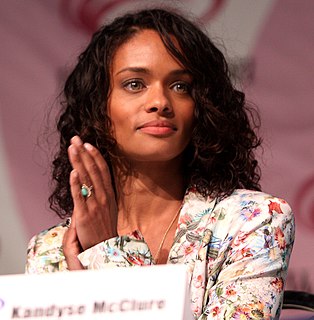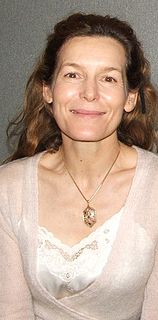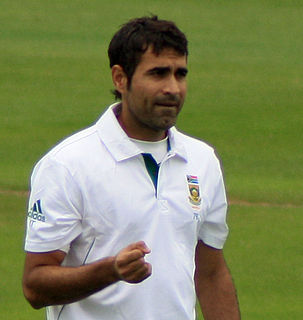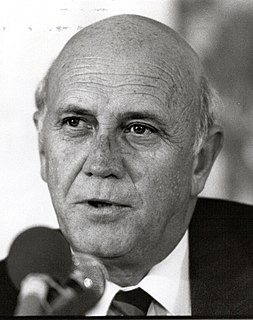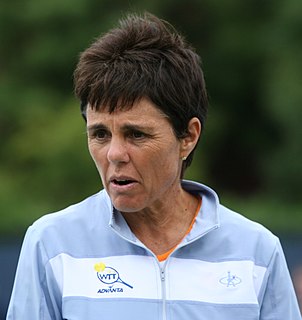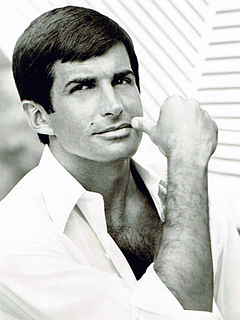A Quote by Kandyse McClure
The very first role I ever played was as a 17-year old South African girl who dreamed of being a star and left home to meet her mother in the big city so that she could pursue that dream. I left South Africa and met my mother in Vancouver and not long after that was given the opportunity to perform on the stage and have people chant my name.
Related Quotes
My mother was the kind of person who was very much part of her tribe and very much a satellite of her tribe. She was the girl who left her family at the age of 17 and went to Washington. My mother was orphaned at three and then was brought up by my aunt Goldie. So, yes she belonged, but there was a part of her that didn't.
Sport has the power to inspire and unite people. In Africa, soccer enjoys great popularity and has a particular place in the hearts of people. That is why it is so important that the FIFA World Cup will, for the first time ever, be hosted on the African continent in 2010. We feel privileged and humbled that South Africa has been given this singular honour of being the African host country.
Race is not the only differential in South Africa, in the new South Africa, where all schools are open, mother-tongue education is a very big issue. One of the main reasons why the dropout figure of black students, and the lower pass rate of black students in the present education system, and it was like that before, was that we didn't have mother-tongue education.
I would rather people understand that there is a very, very fortunate American who was given the opportunity, and was in the right place at the right time to have the moment of a lifetime. My mother was born - her name was Marianne Moon. And she was born in 1903, the year that the Wright Brothers first flew.
She was the murderous mother who cut us to the bone but left us alive, left us naked and bewildered as wrinkled newborn babies, as blind puppies, as sun-starved newly hatched baby snakes. She left us a dark Gulf and salt-burned land. She left us to learn to crawl. She left us to salvage. Katrina is the mother we will remember until the next mother with large, merciless hands, committed to blood, comes.
